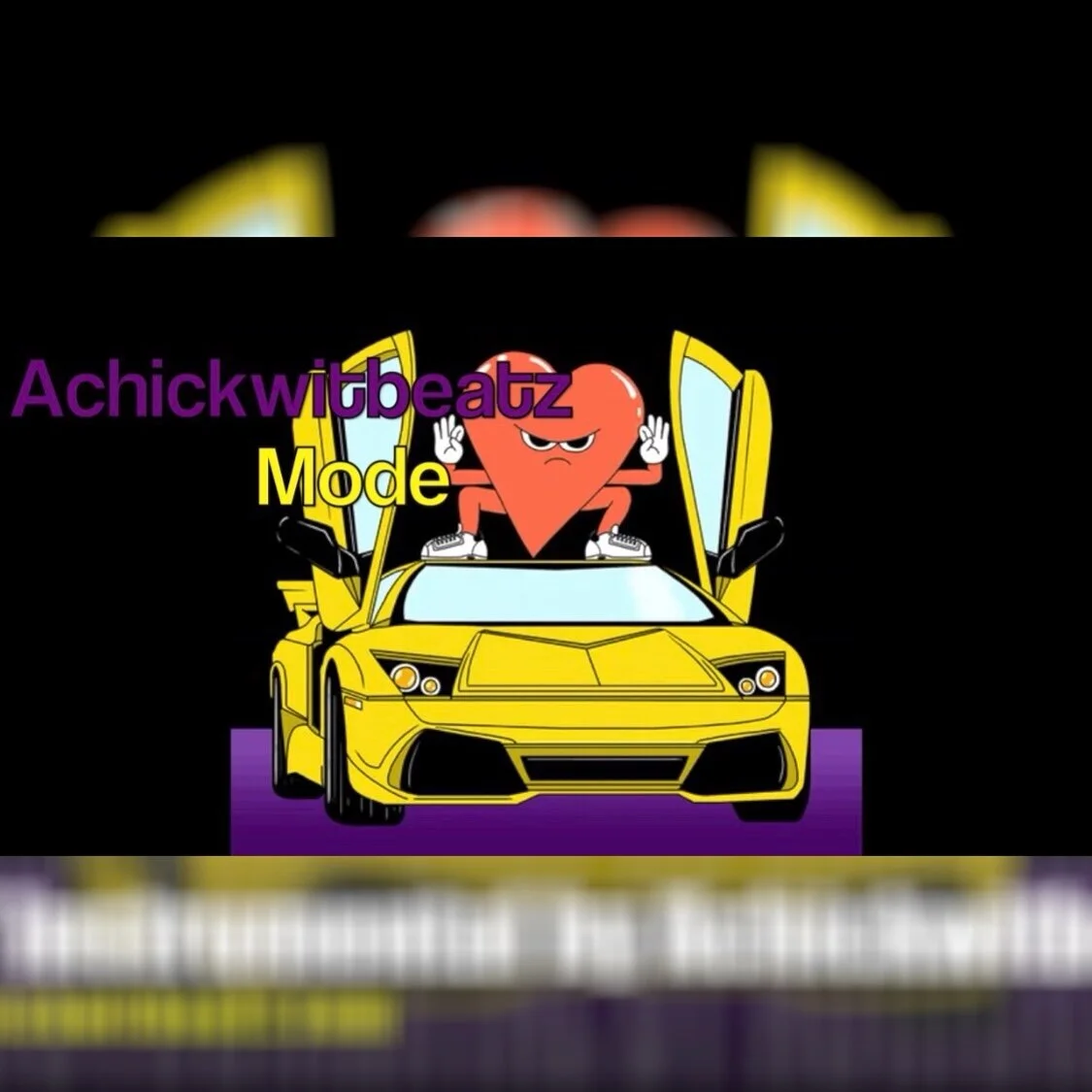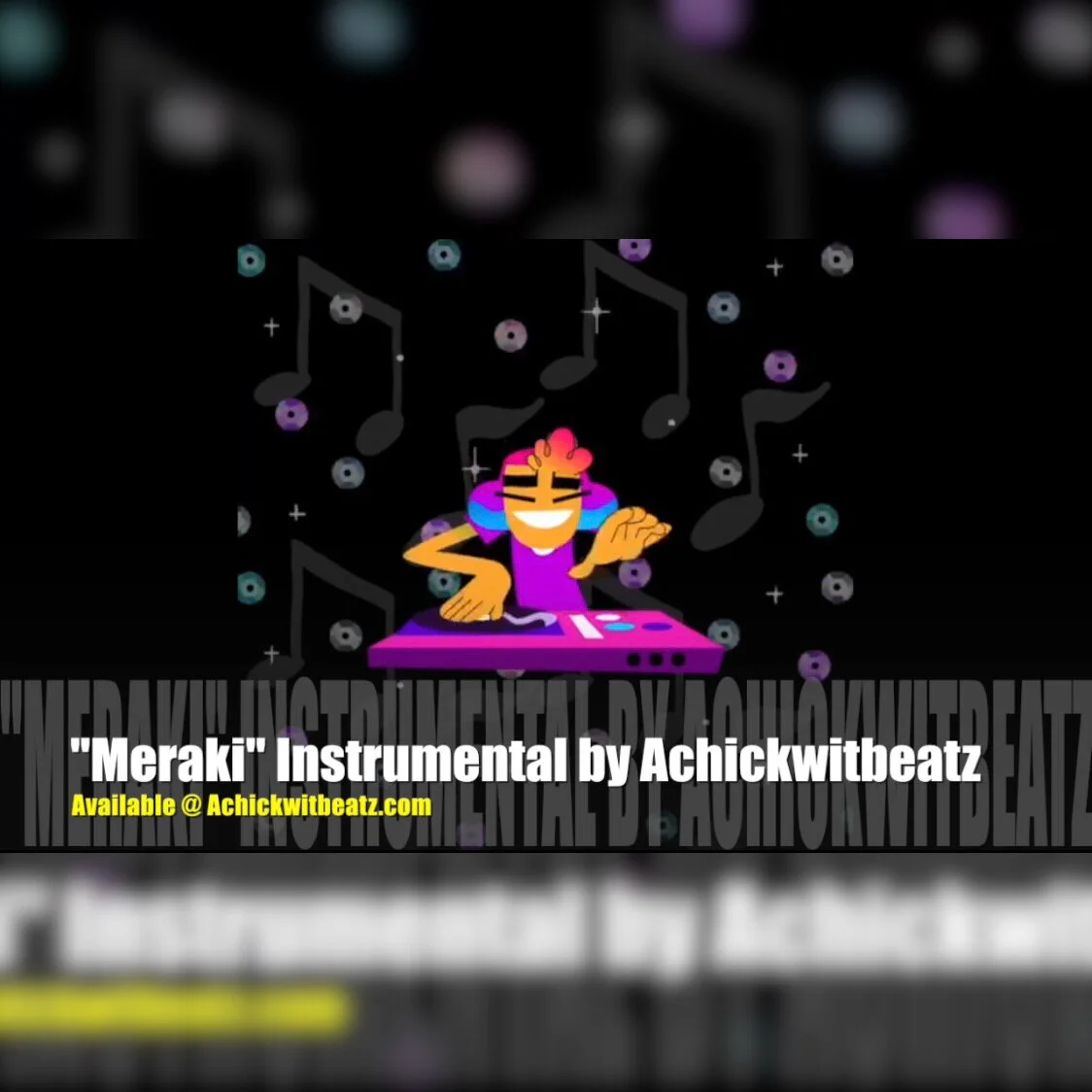Updated: January 26, 2026
Photo by Kelly Sikkema on Unsplash
Your online presence is typically how potential fans, collaborators, and industry professionals discover you. For independent artists, your website is your digital home base. Now, it's more important than ever to have a space that you fully control, unattached to constantly shifting algorithms and tyrannical whims of social media platforms. So, here are the essentials you need to create a professional artist website that works (almost) as hard as you do.
Domain Name: Make It Memorable
Photo by Tracy Adams on Unsplash
Think of your domain name as your digital address. Ideally, it’s just your artist name or a close variation if the exact match isn’t available. Keep it simple, memorable, and make sure it reflects your artist brand. For example, if yourartistname.com is unavailable, you can use something like yourartistnameofficial.com. Avoid using special characters that can be mistaken by visitors. Keeping your domain name memorable makes it easier for people to find you online.
Homepage: Make a Strong First Impression
Photo by Szabo Viktor on Unsplash
Your homepage introduces visitors to your website and sets the tone. You want it to immediately communicate who you are and what you represent. Be sure to include:
A professional photo or engaging visual that represents your artistic brand.
A concise tagline or description of your music that hooks the audience.
A clear call-to-action (CTA), like “Listen Now,” “Watch My Latest Video,” or “Join My Mailing List.” Make it easy for visitors to take the next step.
Music: Showcase Your Sound
Photo by Alvaro Reyes on Unsplash
Your music is the primary focus of your website, so make it easy for visitors to listen to your tracks, watch your music videos, or explore your latest projects. Upload music directly to your website or embed players from platforms like Spotify, Bandcamp, or SoundCloud to keep things user-friendly. Include links to purchase or stream your music on other platforms, and you may want to consider adding short descriptions or stories behind key tracks to make this section more personal.
Bio: Tell Your Story
Photo by Jakob Owens on Unsplash
Your artist bio is your chance to connect with your audience and share what makes your journey unique. Write in the third person, highlighting key achievements, your musical style, and what sets you apart. Share a balance of personal details and professional milestones. For example:
[Your Artist Name] is an indie-pop artist blending ethereal vocals with dreamy synths. Featured on NPR’s Tiny Desk Concert series, [Your Artist Name] captures audiences with heartfelt lyrics and captivating performances.
Include a downloadable press-ready version for media inquiries, and consider adding a personal note or fun facts to give fans an additional connection point.
Photos: High-Quality Visuals Are Key
Photo by Priscilla Du Preez 🇨🇦 on Unsplash
Professional photos are great to build credibility and enhance your visual identity. Create a photo gallery with high-resolution images that fans, bloggers, and promoters can download. Label your images with clear filenames, such as YourArtistName_OfficialPhoto1.jpg, to make them easier to use in media coverage. Organizing your gallery by themes, like live performances, promotional shoots, or candid moments, gives it a more curated feel.
Tour Dates: Keep Fans in the Know
Photo by Jessie McCall on Unsplash
If you perform live, your tour or gig page is a crucial section. Use a clean layout to display upcoming shows, including the city, state, venue name, date, time, and ticket link. If you have past performances that are noteworthy, consider adding a section for highlights or reviews. Keep this page updated regularly to avoid confusion and keep your fans engaged.
Contact: Make It Easy to Reach You
Photo by NordWood Themes on Unsplash
A contact page gives industry professionals an easy way to connect with you for opportunities. Make sure you include:
A contact form for general inquiries.
An email address for booking, press, or collaborations (e.g., booking@yourwebsite.com).
Links to your social media platforms for casual connections.
Consider adding a separate section for professional inquiries if you receive a high volume of fan messages.
Mailing List: Build Direct Connections
Photo by Stephen Phillips - Hostreviews.co.uk on Unsplash
Your mailing list is one of your most valuable tools to communicate with your audience. Prominently feature a signup form on your homepage and key sections of your site. Offer incentives, like a free exclusive track, early access to tickets, or behind-the-scenes content, to encourage people to sign up. Regular newsletters with updates, stories, or sneak peeks can keep your subscribers engaged.
Merch Store: Monetize Your Brand
Photo by Mike Petrucci on Unsplash
If you sell merchandise, dedicate a section of your website to your store. Use high-quality product photos with clear descriptions and prices. Make the buying process as seamless as possible by including secure payment options and an easy-to-navigate layout. Highlight new arrivals, limited-edition items, or bundles to increase your sales.
SEO: Make Your Website Discoverable
Search engine optimization (SEO) is what helps fans and industry professionals find your website. Use relevant keywords related to your music genre, location, and brand throughout your site. For instance, if you’re an indie artist in Los Angeles, phrases like “indie music Los Angeles” or “L.A. indie artist” can improve your search visibility. Don’t overlook image alt tags, meta descriptions, and page titles because all of these small details add up.
Your digital headquarters allows you to tell your story, showcase your art, and connect with your audience without third-party platforms interfering with your reach. No matter if you are just starting out or just looking to elevate your online presence, focusing on these essentials will make sure your website reflects the artistry and professionalism you bring to your music.
Remember, building a website is an ongoing process. Start with the basics, tweak and refine over time, and don’t hesitate to get creative. Your website is an extension of your persona, so make it as vibrant and memorable as your music.
- Art
- Independent Labels
- Internet Radio
- Music Documentaries
- Album Reviews
- Music History
- Music Industry News
- Free Game Friday
- Free Downloads
- Poetry
- Books
- Interviews
- Did You See It?!
- Hip Hop History
- Hear Here
- Music News
- Hip Hop Documentaries
- Music Marvels Radio Show
- Think Piece Thursday
- Mini Documentaries
- Instrumental Intel
- Music Humor
- Indie Analysis
- Conversations & Quotables
- Music
- Resources for Artists
- Podcasts
- Beats/Instrumentals
- Music Education
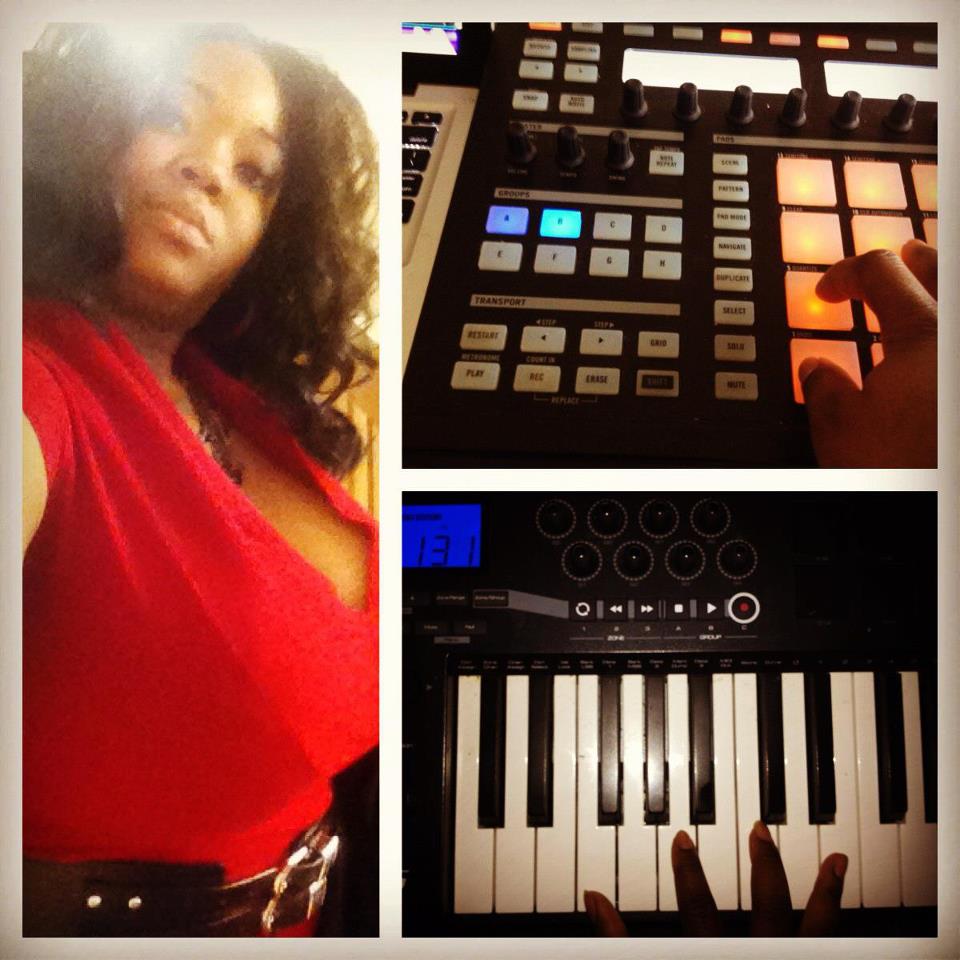









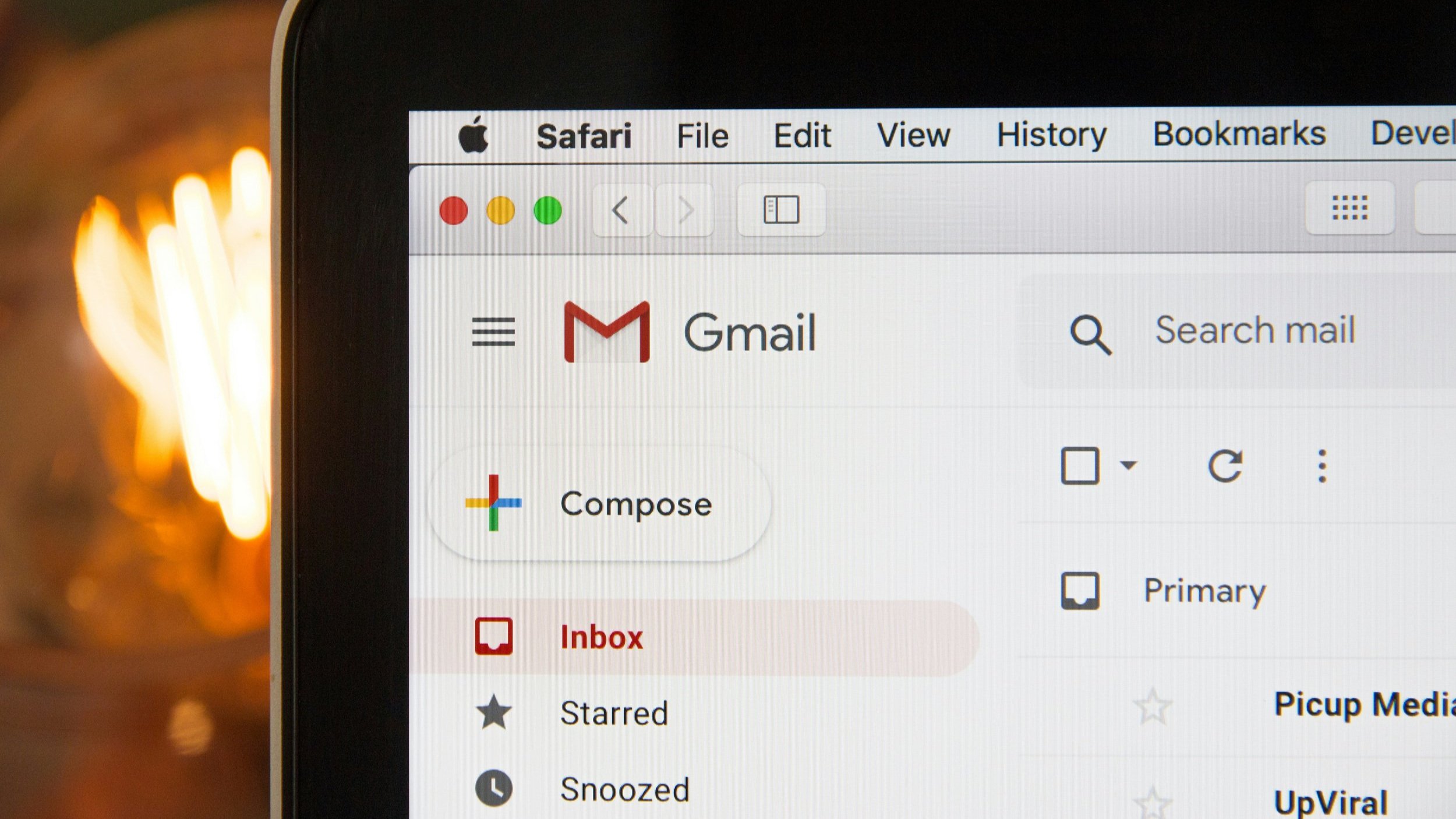



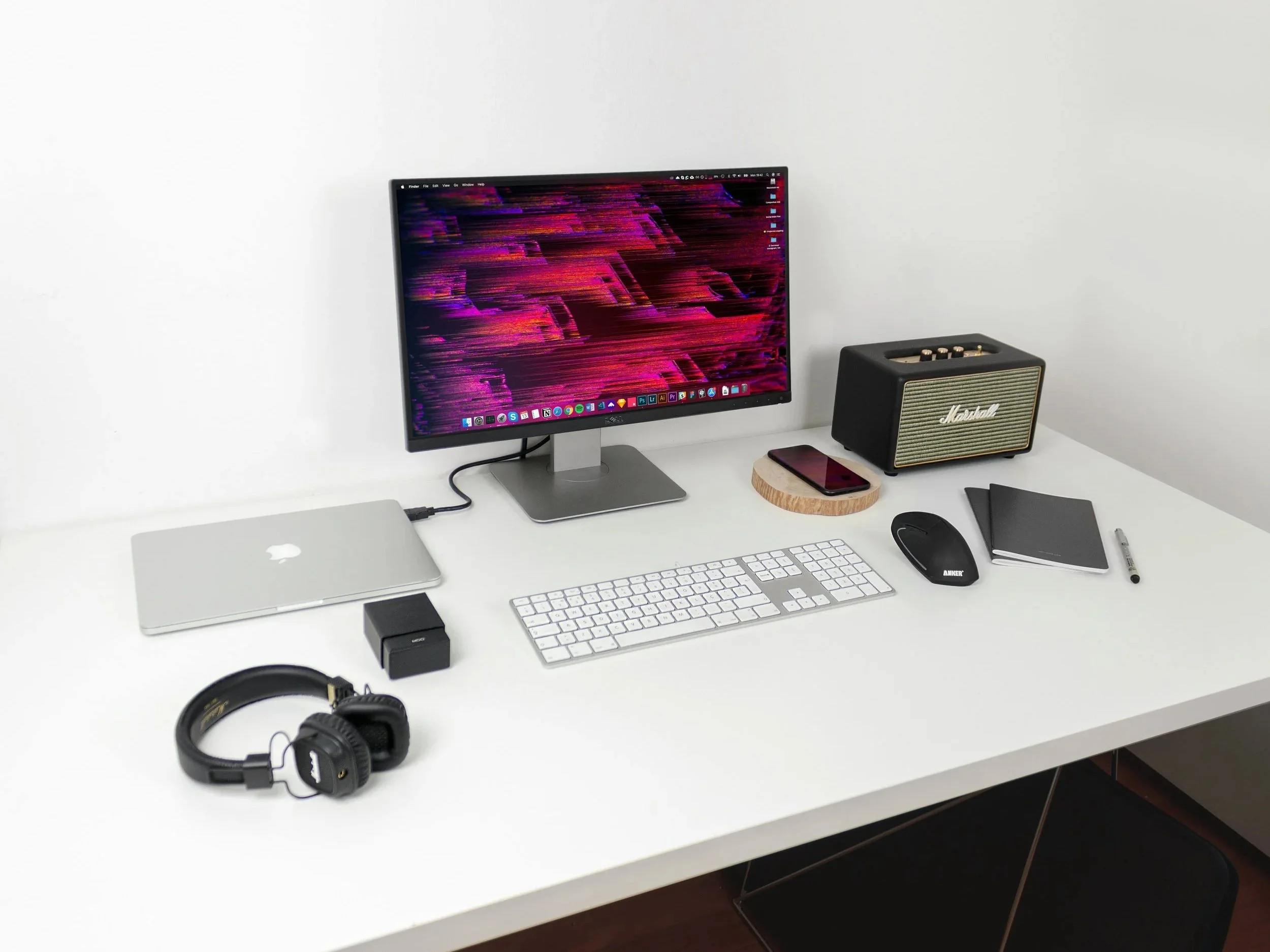







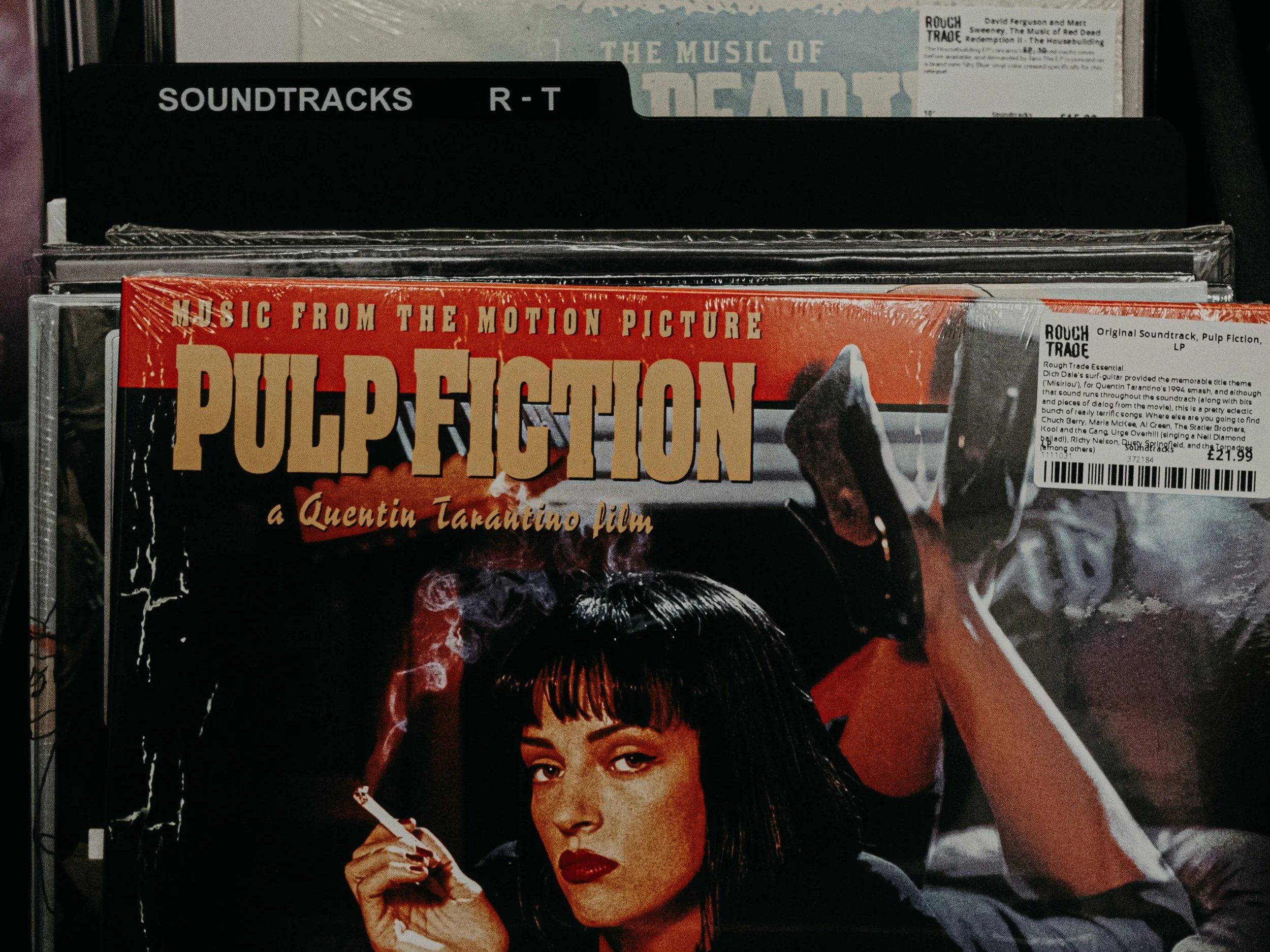







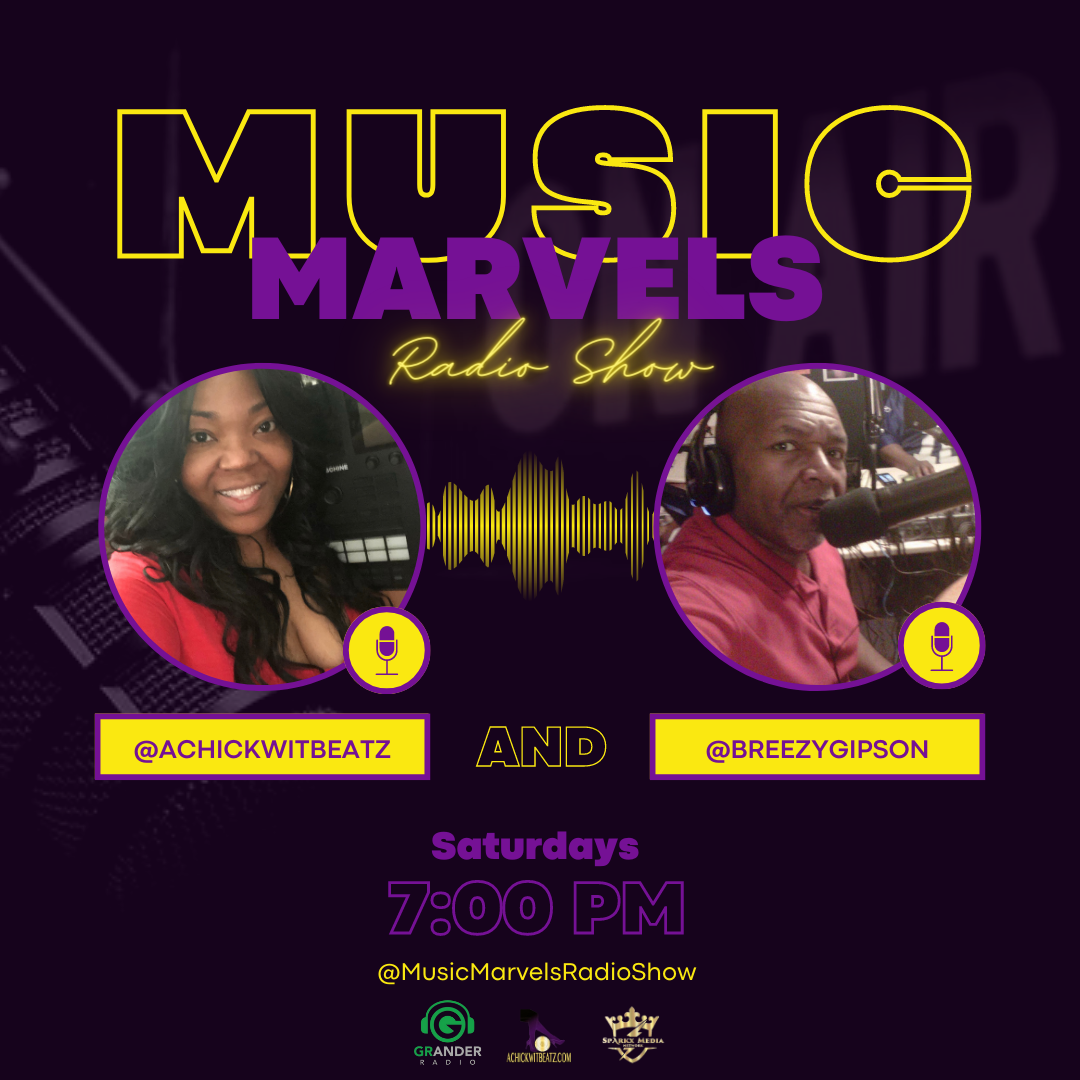
![Hear Here: Achickwitbeatz - Dopamine & Serotonin [Single]](https://images.squarespace-cdn.com/content/v1/52b0b90ae4b0293bfed0d692/1710852808557-EZYGFDIBHLBSIRFOVS1Q/Dopamine+%26+Serotonin.JPG)


